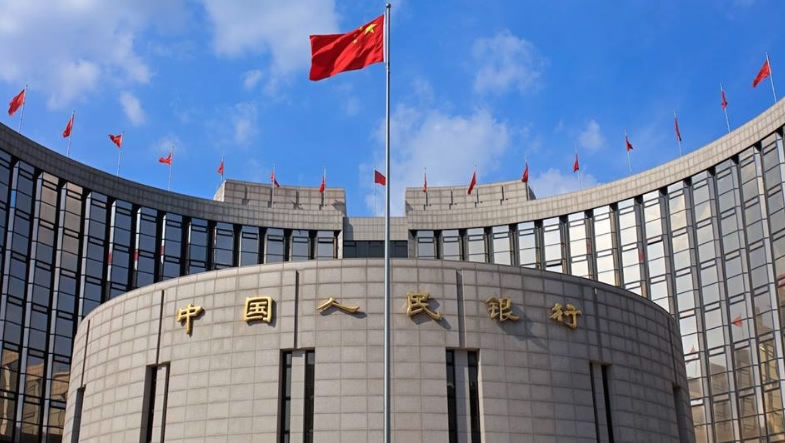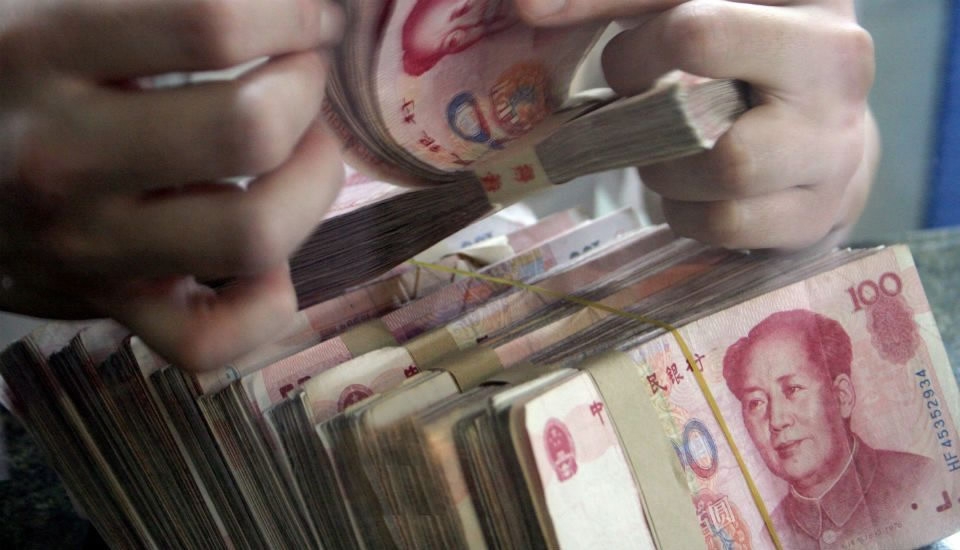
Business
17:28, 23-Oct-2017
China's central bank continues to inject funds into market
Han Jie

China's central bank made a net cash injection via open market operations for the fifth consecutive day Monday, in order to ease a temporary cash strain.
The People's Bank of China (PBOC) pumped 200 billion yuan (about 30 billion US dollars) into the market through reverse repos, a process by which the central bank purchases securities from commercial banks through bidding, with an agreement to sell them back in the future.
The operations included 110 billion yuan (16.6 billion US dollars) of seven-day reverse repos priced to yield 2.45 percent, and 90 billion yuan (13.6 billion US dollars) of 14-day reverse repos with a yield of 2.6 percent.
The central bank has increasingly relied on open market operations for liquidity management, rather than cuts in benchmark interest rates or reserve requirement ratios.

China has decided to pursue a "prudent and neutral" monetary policy in 2017. / VCG Photo
China has decided to pursue a "prudent and neutral" monetary policy in 2017. / VCG Photo
Despite the efforts by banks to clean up their lending books for inspection, Chinese money markets are approaching a quarterly health check of the country’s banks.
The injection saw a net 140 billion yuan (21.1 billion US dollars) pumped into the market Monday, offset by 60 billion yuan (nine billion US dollars) in maturing reverse repos.
The move can be seen as keeping "liquidity basically stable" in response to spiking liquidity demand due to seasonal factors such as tax payments, according to the PBOC’s statement.

VCG Photo
VCG Photo
China has decided to pursue a "prudent and neutral" monetary policy in 2017, applying a full range of policy instruments to maintain basic stability in liquidity and hold interest rates at an appropriate level.
As China's central bank injected cash via open market operations to ease liquidity, the PBOC's open market operations are being closely watched by the market, as they have become major tools for the central bank in pursuing its monetary policy.
Such a policy stance is crucial for China, as it has to juggle the task of financial deleveraging, aimed at defusing risk and curbing asset bubbles, while shoring up the economy.
1km

SITEMAP
Copyright © 2018 CGTN. Beijing ICP prepared NO.16065310-3
Copyright © 2018 CGTN. Beijing ICP prepared NO.16065310-3